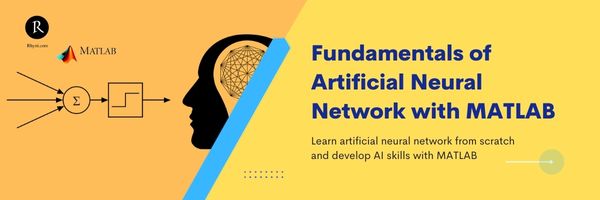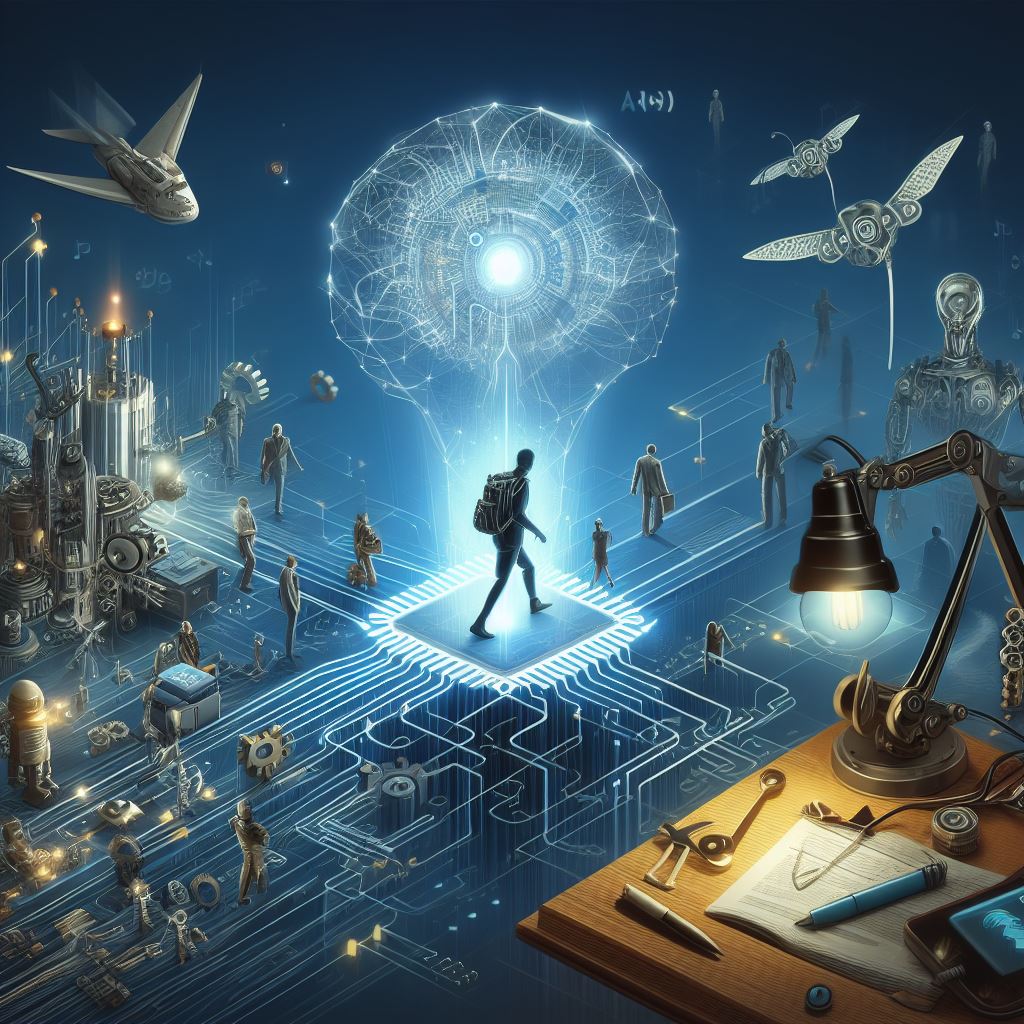Artificial Intelligence (AI) is revolutionizing the way we design, operate, and maintain electrical systems. From smart grids to autonomous vehicles, AI is increasingly becoming an integral part of various electrical engineering applications. However, for beginners in the field, understanding how AI intersects with electrical engineering can be daunting. In this beginner’s guide, we will delve into the basics of AI in electrical engineering, exploring its applications, benefits, and future prospects.
What is Artificial Intelligence?
Artificial Intelligence, often abbreviated as AI, is a branch of computer science that aims to create intelligent machines capable of mimicking human cognitive functions such as learning, problem-solving, and decision-making. AI systems can analyze vast amounts of data, identify patterns, and make predictions or decisions without explicit human intervention.
The Intersection of AI and Electrical Engineering
Electrical Engineering deals with the study and application of electricity, electronics, and electromagnetism. The integration of AI into electrical engineering processes has led to groundbreaking advancements across various domains. Here are some key areas where AI is making a significant impact:
- Power Systems and Smart Grids: AI algorithms are used to optimize power generation, transmission, and distribution in electrical grids. Smart grid technologies leverage AI for load forecasting, fault detection, and energy management, improving efficiency and reliability while reducing costs.
- Renewable Energy Integration: With the increasing adoption of renewable energy sources like solar and wind, AI plays a crucial role in managing the variability and unpredictability of these sources. AI algorithms can predict renewable energy generation patterns, optimize energy storage systems, and enhance grid stability.
- Power Electronics and Control Systems: AI techniques such as neural networks and fuzzy logic are employed in designing efficient power electronic converters and control systems. These AI-based controllers can adapt to changing operating conditions, leading to better performance and energy savings.
- Electrical Machines and Drives: AI is used for condition monitoring, fault diagnosis, and predictive maintenance of electrical machines such as motors and generators. By analyzing sensor data in real-time, AI algorithms can detect anomalies and prevent unexpected failures, thus improving reliability and uptime.
- Electric Vehicles and Transportation Systems: AI enables autonomous navigation, adaptive cruise control, and intelligent traffic management in electric vehicles and transportation systems. These AI-driven functionalities enhance safety, efficiency, and convenience in modern transportation.
Benefits of AI in Electrical Engineering
The integration of AI offers several benefits to the field of electrical engineering:
- Improved Efficiency: AI algorithms can optimize energy consumption, reduce losses, and enhance the overall efficiency of electrical systems and devices.
- Enhanced Reliability: AI-based predictive maintenance techniques help in identifying potential faults before they lead to system failures, thereby improving reliability and uptime.
- Cost Savings: By optimizing operations, minimizing downtime, and reducing energy wastage, AI contributes to cost savings for businesses and utilities operating electrical systems.
- Environmental Sustainability: AI facilitates the integration of renewable energy sources and promotes sustainable practices in electrical engineering, contributing to environmental conservation and combating climate change.
- Innovation and Automation: AI-driven innovations pave the way for new technologies and automation solutions that streamline processes and improve productivity in electrical engineering applications.
Future Prospects
The future of AI in electrical engineering looks promising, with ongoing research and development in areas such as:
- Edge Computing and IoT: AI algorithms are being deployed at the edge of the network, enabling real-time data analysis and decision-making in IoT (Internet of Things) devices and smart sensors.
- Cybersecurity: AI-powered cybersecurity solutions are essential for protecting critical electrical infrastructure from cyber threats and ensuring the integrity and confidentiality of sensitive data.
- Advanced Control Systems: AI techniques like reinforcement learning are being explored for developing autonomous control systems that can adapt to complex and dynamic environments.
- Human-Machine Collaboration: AI technologies are evolving to facilitate seamless collaboration between humans and machines, augmenting human capabilities and improving the efficiency of engineering tasks.
- Ethical and Societal Implications: As AI becomes more pervasive in electrical engineering, addressing ethical concerns and ensuring equitable access to AI-driven technologies will be crucial for fostering inclusive and sustainable development.

Conclusion
As AI continues to permeate various aspects of electrical engineering, acquiring knowledge and skills in this intersection will be increasingly valuable for aspiring engineers and professionals in the field. By understanding the fundamentals of AI and its applications in electrical engineering, beginners can embark on a journey of exploration and innovation, contributing to the advancement of technology and the betterment of society. With continuous learning and adaptation, the possibilities of AI in electrical engineering are boundless, promising a future of smarter, more efficient, and sustainable electrical systems.
Read more articles on AI or Electrical Engineering. Or learn more through online courses.
